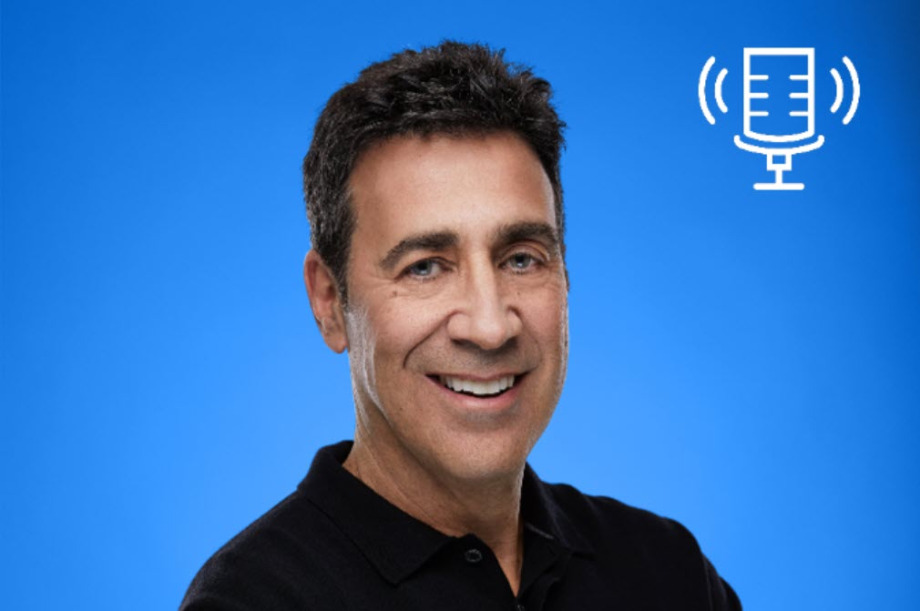Pretty much everyone has an opinion about millennial employees. Often labeled as “hard to manage”, “requiring non-stop validation” with an “inability to manage-up” , they are also praised for being innovative, well-connected and highly adaptable. Go figure. The biggest challenge for young graduates today? Getting beyond the mental road blocks so you can get the job you want.
Here are five career obstacles and how to overcome them.
“I Don’t Know Anyone in My Desired Industry or Company.”
Face time — not the app on your iPhone — but literally getting face time with someone who can help your career is essential to scoring a job you’ve set your sights on. The typical way of communicating via text, instant messaging apps and email may extend well with our posse of ride-or-dies, but doesn’t translate well when it comes to making genuine career connections. Reach out — not just on social media, but at networking events and in professional settings — and ask to meet in person for an informational interview. Meet for a quick coffee so you can explore what your connections do, how they do it day to day, what career advice they can offer you, as well as what their company’s hiring process is. Just get out there. It may be intimidating at first, but be curious. Explore people’s careers. It really DOES make a difference.
“I Don’t Have the Right Experience or Education.”
A linear climb up the corporate ladder isn’t how most careers play out anymore. Rapidly changing global and financial markets means we have to adapt and be nimble, more than any generation before. Employers rarely look just for an exact fit to their overwhelmingly long and (let’s face it!) overly-idealistic job descriptions. What they typically describe is their absolute ideal candidate. If you possess none of the skills, don’t have an inside connection, or haven’t sold your company to Google for millions of dollars, you’ll need to do some work to stand out against the other applicants. But don’t discount what you DO bring to the table. Highlight your core skills, complimentary experience, even if it’s from a different sector, and demonstrate self-sufficiency/work ethic/problem solving skills which are desirable to any employer.
“I Won’t Be a Fit with Their Culture?”
Wouldn’t it be great if we could match ourselves with potential employers via a Bumble and Tinder corporate equivalent, finding out if there’s a connection in advance of a long application and interview process? There is, it just requires more work than just swiping right — not much more though! Using social sites liked LinkedIn or Twitter to gain intel about a company can offer great insights to a potential employee (and great background for a job interview with them). Follow the key leadership profiles (CEO’s, CMO’s, CTO’s) which are usually public and you’ll have access to the posts or article shares that help give you a picture of their employees and corporate culture. Also check if you have any second degree connections who you could reach out to in order to better understand the company and their culture.
“I’ll Get Stuck in a Dead-end Job.”
Millennials are not the first generation to have to recalibrate their career expectations coming out of college and university. It’s unlikely you’ll be instantly hired by a socially responsible, creative start up with great pay, an unlimited data plan, and dog-friendly communal offices. It’s more likely you will find a lower-paying, post-grad internship or mind-numbing corporate gig. And that can be okay.
Seriously.
The upside of having a regular paycheque (and benefits!) is job security while you educate yourself about future opportunities. You will also learn what you like doing and don’t like doing. Just ensure you do the right thing by your current employer (work hard, be focused, show up on time) but the saying is true; it is easier to find a new job when you have an existing one.
“My Resume Is Seriously Lacking.”
Have a blog? A LinkedIn account? Instagram? Online presence? Yes, employers look at your resume so make sure it’s perfectly proofed and spell checked with an articulate and well-rounded cover letter. That said, employers also do online sweeps to get a sense of what candidates are like. So remove anything that could hurt your employment chances, and instead promote things you are passionate about — causes, social issues, industry news – and if they just happen to line up with your employers’ interests, even better.
Interested in gaining work experience? Check out these opportunities!
Brush up on these Interview Questions and Wow your Future Employer
More from the Adulting – You Got This!:
This article is intended as general information only and is not to be relied upon as constituting legal, financial or other professional advice. A professional advisor should be consulted regarding your specific situation. Information presented is believed to be factual and up-to-date but we do not guarantee its accuracy and it should not be regarded as a complete analysis of the subjects discussed. All expressions of opinion reflect the judgment of the authors as of the date of publication and are subject to change. No endorsement of any third parties or their advice, opinions, information, products or services is expressly given or implied by Royal Bank of Canada or any of its affiliates.


































